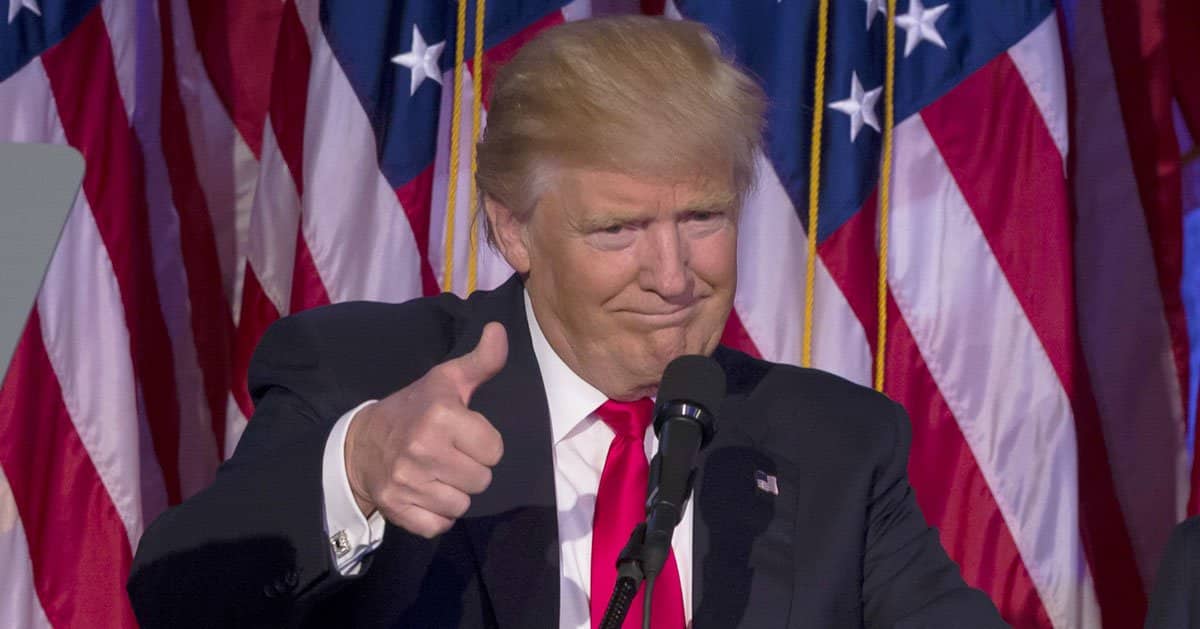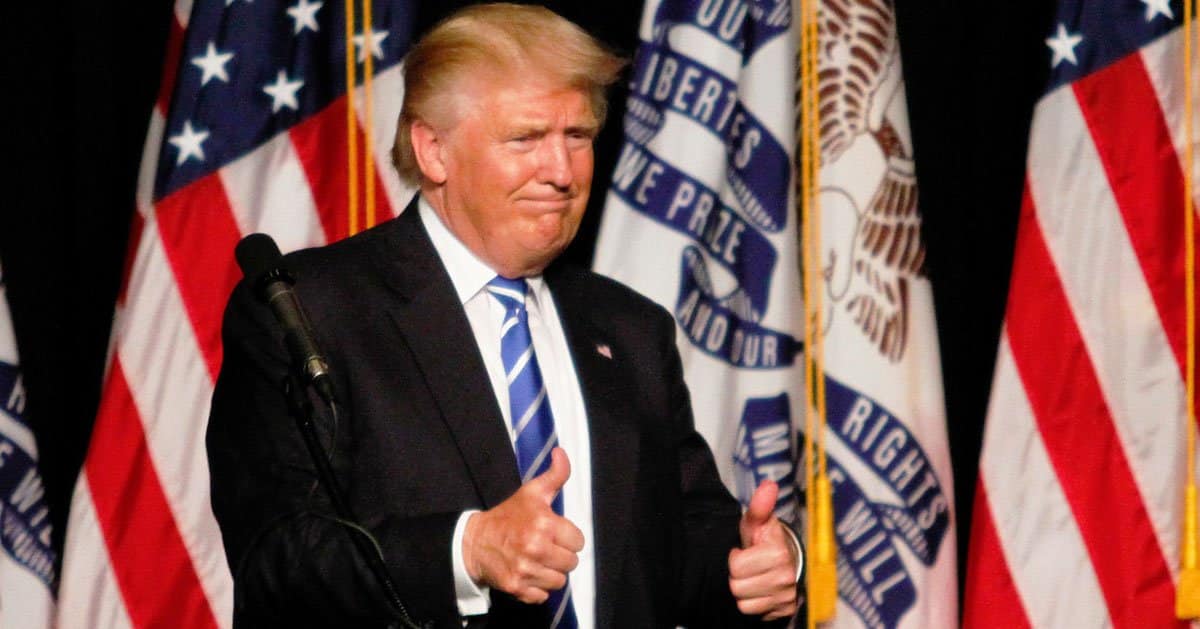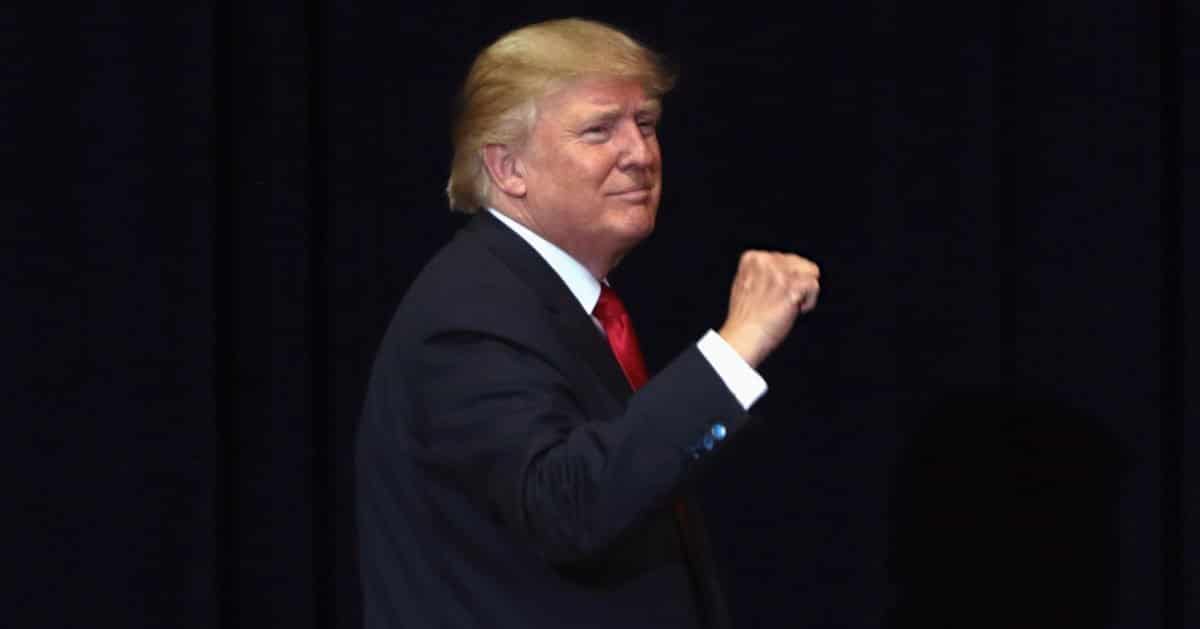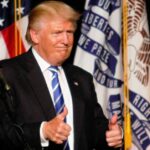








The safety of President Donald Trump is in the spotlight as the Secret Service prepares to protect Trump during his planned appearance at the memorial of Charlie Kirk on Sunday.
The assassination of Kirk at Utah Valley University in Orem, Utah, has intensified scrutiny on Trump's protection, especially with his planned attendance at Kirk’s memorial on Sunday at State Farm Stadium in Glendale, Arizona, according to Fox News.
Kirk, a 31-year-old activist championing conservative values, was tragically shot in the neck during a stop on his American Comeback Tour. Kirk's tragic assassination follows two failed attempts on Trump's life last year.
Unlike Trump, who benefits from Secret Service protection at every event, Kirk had no such detail at the time of his death. It’s a stark reminder of the risks faced by public figures in today’s charged climate.
Fast forward to now, and Trump’s decision to attend Kirk’s memorial at a venue capable of holding up to 73,000 people has set off alarm bells.
Federal law enforcement, including the Department of Homeland Security, recently circulated a report warning of “several threats of unknown credibility” targeting Trump, Vice President JD Vance, and others at the event.
The report suggests the memorial could be a magnet for violent extremists or lone actors, drawn by the anticipated media spotlight. It’s not hard to see why—two assassination attempts on Trump in 2024 have already put the Secret Service on high alert.
Speaking of the Secret Service, they’ve been operating at an elevated readiness level ever since those 2024 incidents.
Changes have been made to prevent further attempts on Trump’s life, including moving events like a 9/11 commemoration speech indoors for added caution. Yet, one wonders if it’s enough when the stakes are this high.
Trump is expected to deliver remarks at the memorial, a moment that will undoubtedly draw massive attention. “It's going to be big,” Trump told reporters, reflecting on his connection to Kirk and hinting at sharing a few words. But with that spotlight comes risk, and the Secret Service isn’t taking chances—or at least, one hopes they aren’t.
The White House has pushed for an additional $58 million in security funding for the executive and judicial branches, a request tied to a continuing resolution as a potential government shutdown looms if funds lapse by September 30, 2025. It’s a fiscal fight that underscores the urgency of the moment. Congress better not drag its feet on this one.
Meanwhile, the Senate has greenlit a rule change allowing lawmakers to tap office funds for personal security. It’s a small but telling move—everyone in Washington seems to feel the heat. If even the suits on Capitol Hill are worried, what does that say about the state of our public discourse?
Despite the clamor for details, neither the White House nor the Secret Service has commented on specific security measures for the memorial.
The Secret Service did extend sympathies to Kirk’s family, but mum’s the word on Trump’s protective adjustments. It’s understandable, yet frustrating for a public craving reassurance.
Experts, however, aren’t holding back on the gravity of the situation. Tim Miller, a former Secret Service agent now leading Lionheart International Services Group, warned, “The Secret Service now has to play at a level of enhanced security that they've never dreamed of before.” He’s not wrong—past failures have left little room for error.
Miller also added, “But here's the bad news for the Secret Service: They don't have time.” The immediacy of the threat is chilling, especially with a memorial of this scale. One shudders to think of the consequences if security falters again.
As the nation mourns Charlie Kirk, a young man who inspired countless others to stand for traditional values, the focus inevitably shifts to protecting those who carry on his fight. Trump’s presence at State Farm Stadium is both a tribute and a test of our resolve against those who’d use violence to silence dissent.
Let’s be clear: the radical elements seeking to exploit this event don’t represent the majority who value free speech and robust debate. Still, ignoring the threat would be naive, especially when the Secret Service is already stretched thin.



